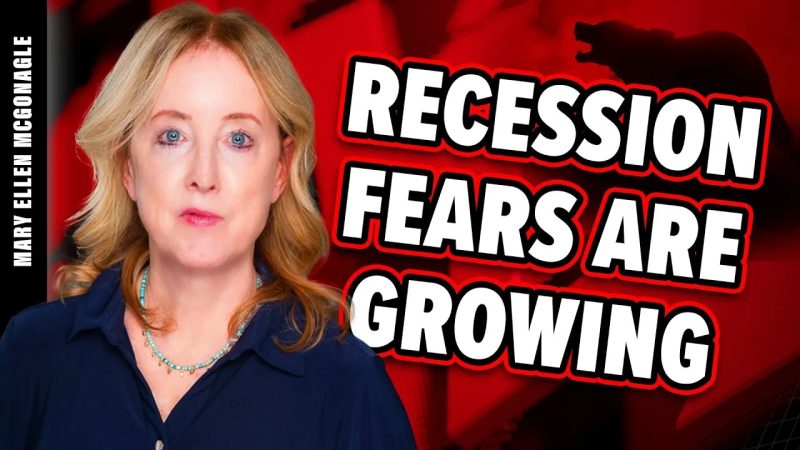In the wake of escalating fears of an impending recession, the global stock markets have taken a significant nosedive leaving investors apprehensive and uncertain about the future. The recent slump in market indices across various economies has sent shockwaves through financial markets, triggering a wave of panic selling and heightened volatility. The ongoing trade tensions between the United States and China, coupled with the geopolitical uncertainties in the Middle East and Europe, have further exacerbated the situation, creating a perfect storm for financial instability.
Analysts and experts around the world are closely monitoring the evolving economic indicators for signs of a potential economic downturn. The inverted yield curve, a reliable historical predictor of recessions, has recently surfaced, sparking concerns among investors and policymakers alike. The global economic outlook has been clouded by slowing growth, faltering consumer demand, and escalating trade tensions, all of which have contributed to the prevailing pessimism in the markets.
Central banks in major economies are scrambling to mitigate the risks of an economic downturn by implementing stimulus measures and monetary easing policies. The U.S. Federal Reserve, European Central Bank, and the Bank of Japan are among the central banks that have already started to cut interest rates and introduce other measures to support economic growth and stabilize financial markets.
Investors are advised to exercise caution and adopt a defensive investment strategy in the current volatile market environment. Diversifying portfolios, hedging against potential risks, and focusing on quality assets with strong fundamentals are some of the prudent approaches to weathering the storm of economic uncertainties. Market participants should also stay vigilant and monitor the latest economic data, geopolitical developments, and central bank policies to make informed investment decisions.
In times of financial turmoil and market turbulence, it is crucial for investors to remain calm, rational, and focused on their long-term financial goals. While the current market conditions may be challenging and unpredictable, history has shown that staying invested and maintaining a disciplined approach to investing can help navigate through turbulent times and capitalize on opportunities that may arise amidst the chaos.
As the global economy grapples with the specter of a looming recession, it is imperative for investors, businesses, and policymakers to work together to address the underlying challenges and uncertainties plaguing the financial markets. By fostering cooperation, promoting transparency, and implementing prudent economic policies, stakeholders can help build resilience and stability in the face of economic headwinds, paving the way for a sustainable recovery and future growth.
